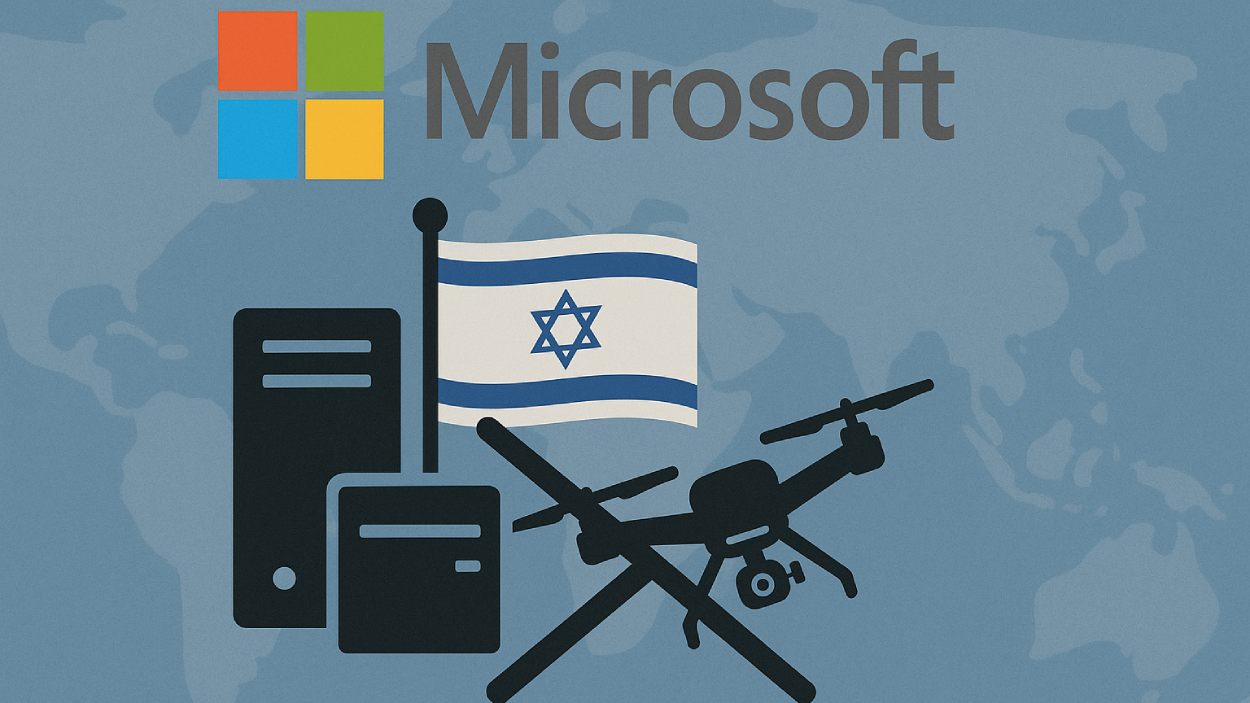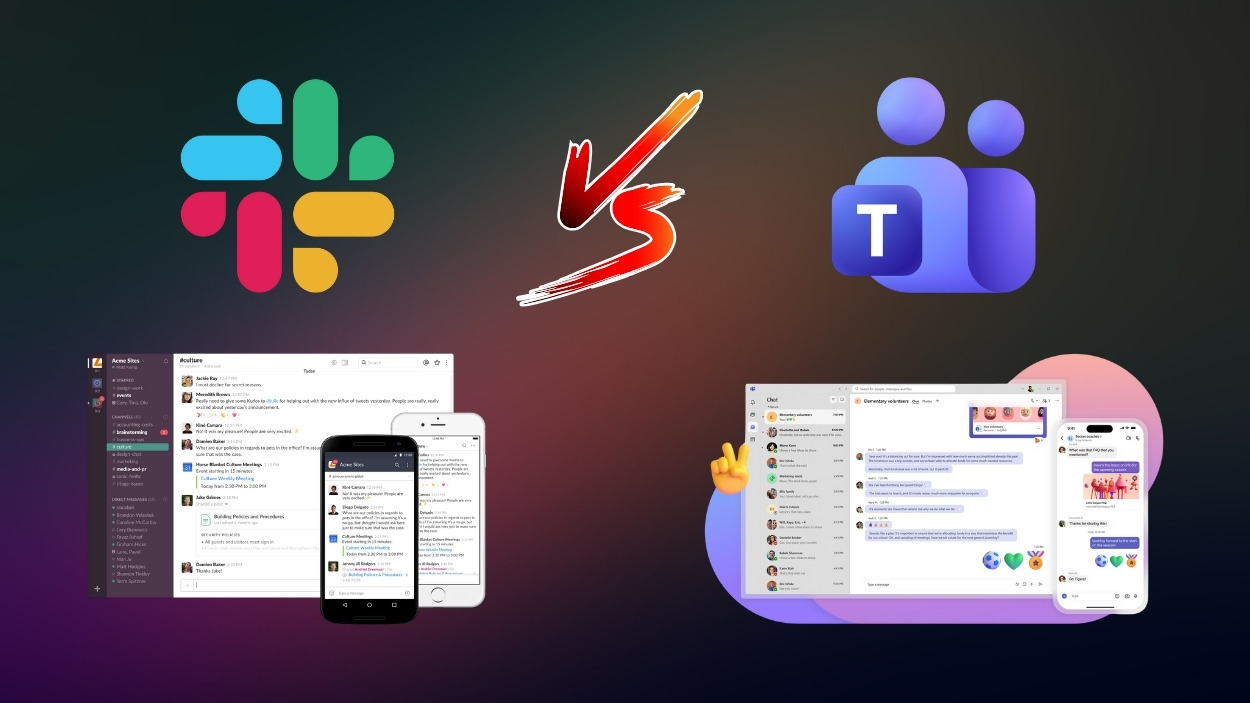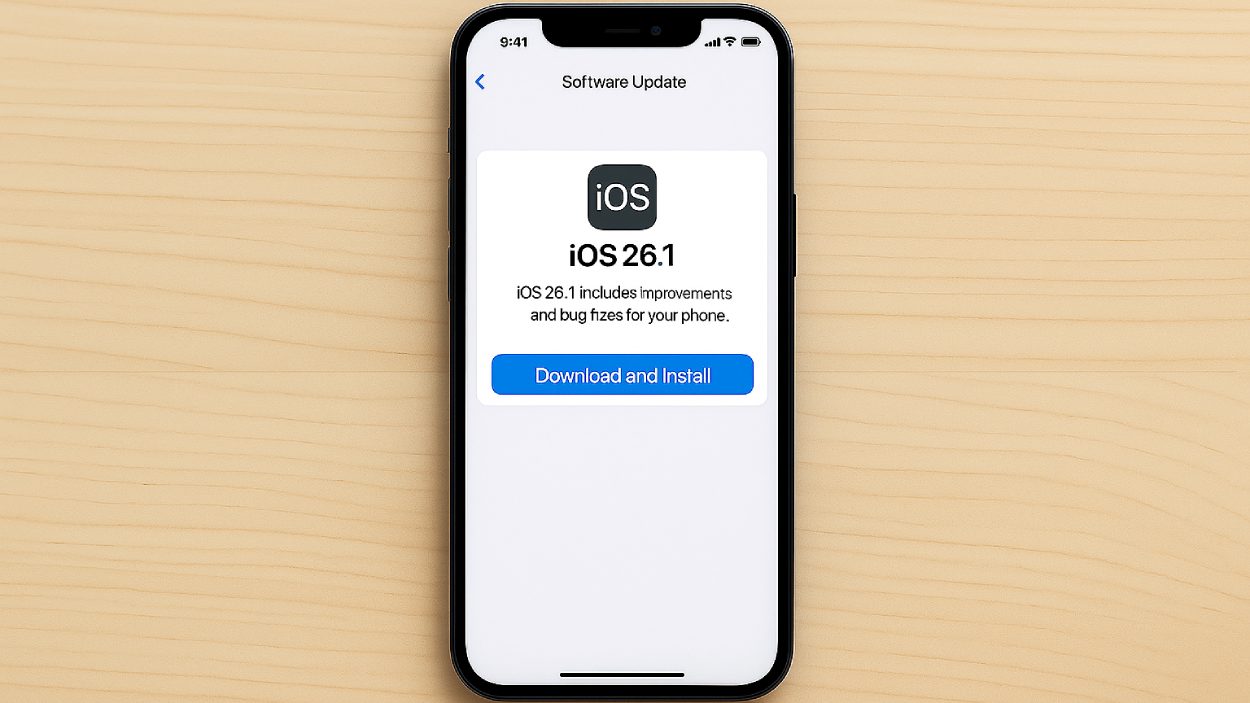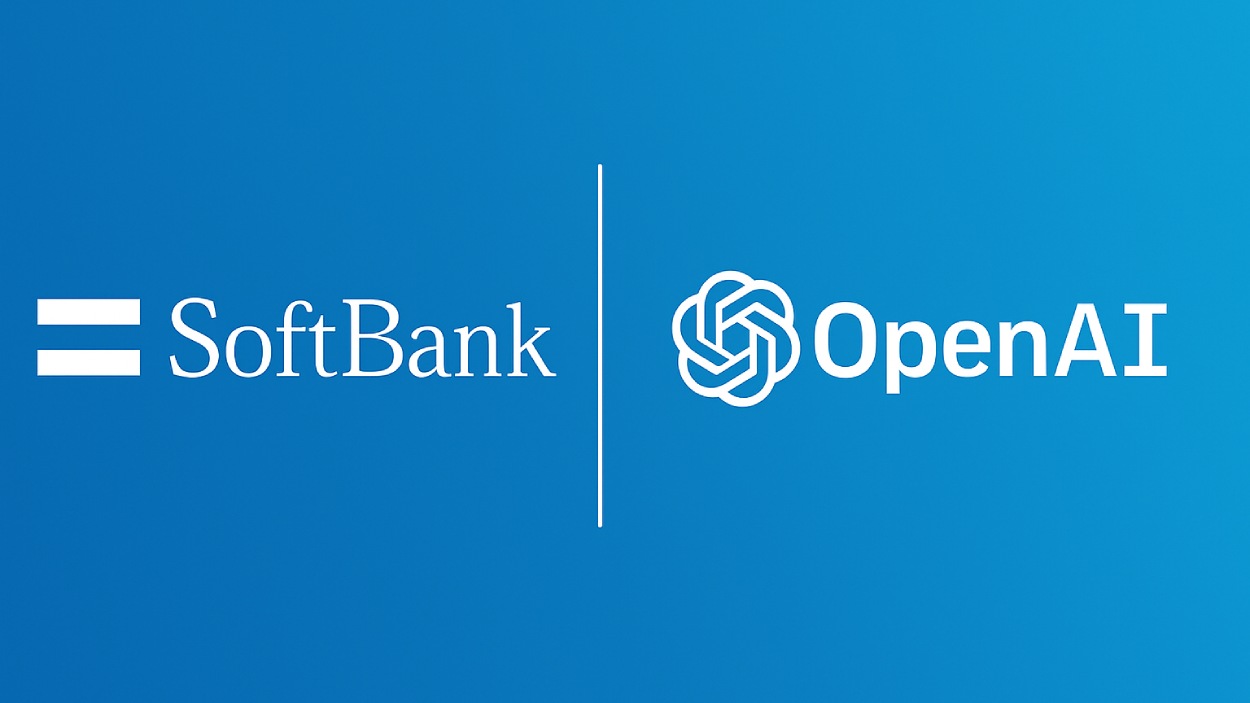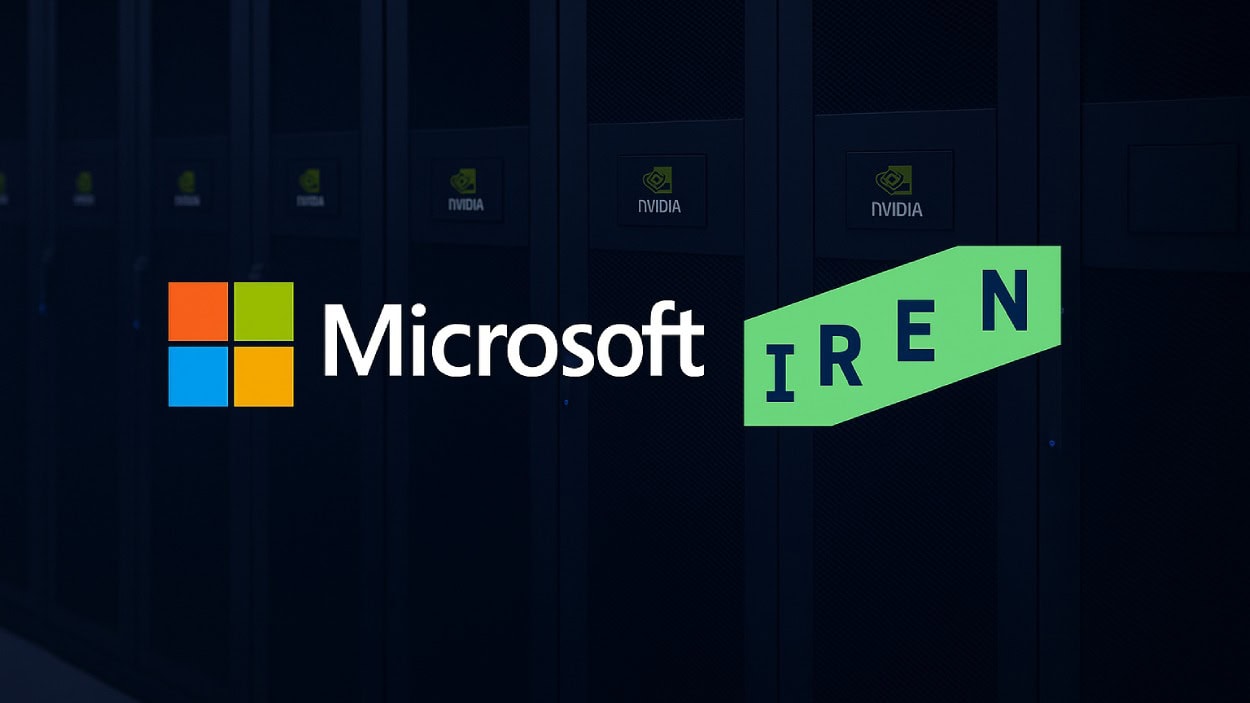Microsoft has disabled cloud and AI services to a unit within the Israeli military after confirming its technology was used in a mass surveillance program targeting Palestinian civilians.
Quick Summary – TLDR:
- Microsoft shut down Azure services to a unit of the Israeli Ministry of Defense, citing misuse for mass surveillance.
- Investigations revealed the Israeli military used Microsoft’s cloud and AI tools to store and analyze millions of Palestinian calls.
- The surveillance project involved Unit 8200, Israel’s elite intelligence unit, and was reportedly used to support military operations in Gaza.
- Microsoft faced internal and external pressure to respond, leading to an unprecedented restriction on its services to a military client.
What Happened?
Microsoft recently ended some of its services to a unit within the Israeli Ministry of Defense following allegations that its Azure cloud platform was used to store and process vast amounts of surveillance data from Palestinians. The decision comes after media investigations uncovered how Microsoft’s technology supported mass data collection and analysis by the Israeli military, prompting a formal internal review.
JUST IN: 🇮🇱 Microsoft $MSFT terminates Israeli military’s access to its technology after uncovering mass civilian surveillance system, violating its terms. pic.twitter.com/nkR07VDIXq
— Watcher.Guru (@WatcherGuru) September 25, 2025
Microsoft Responds to Surveillance Allegations
Microsoft Vice Chair and President Brad Smith informed employees that the company had “ceased and disabled a set of services” to an Israeli defense unit. The move followed a detailed investigation prompted by an August report from The Guardian, which revealed claims that Israel’s Unit 8200, a military intelligence unit, was using Azure to manage surveillance data of Palestinians in Gaza and the West Bank.
Smith reaffirmed Microsoft’s stance, stating, “We do not provide technology to facilitate mass surveillance of civilians.” He emphasized that Microsoft’s terms of service explicitly prohibit such usage and that the company upholds privacy rights as a core principle across all regions.
How Azure Was Used in Surveillance Operations?
According to investigative reports, Unit 8200 collected and stored massive volumes of intercepted phone calls from Palestinians using Microsoft’s Azure cloud. The project, reportedly titled “A million calls an hour”, stored as much as 8,000 terabytes of data in Microsoft’s datacenter in the Netherlands. This data was then analyzed using AI tools, and allegedly used in military operations, including airstrike planning during the ongoing Gaza conflict.
- The surveillance reportedly began after a 2021 meeting between Microsoft CEO Satya Nadella and Unit 8200’s commander.
- Following publication of the allegations, Israeli officials quickly relocated the data, with sources stating it was being transferred to Amazon Web Services.
- Microsoft has not commented on whether it will monitor or restrict other Azure subscriptions tied to the Israeli military.
Internal Pressure and Employee Activism
Microsoft’s decision followed pressure from both employees and activist groups, including No Azure for Apartheid, which has called for a full severing of ties with the Israeli military. Protests broke out at Microsoft offices and datacenters, demanding accountability after reports emerged about the platform being used to assist in identifying bombing targets in Gaza.
Hossam Nasr, a Microsoft employee and organizer, said the action was “a significant and unprecedented win”, but criticized it as only a partial measure. He noted that Microsoft had only limited services to “one unit in the Israeli military” while the broader partnership remained intact.
Previous Investigations and Microsoft’s Changing Stance
Earlier this year, an Associated Press report showed how Microsoft’s cloud usage by the Israeli military surged after the October 7, 2023 Hamas attacks. The AP revealed that Israeli forces were using Azure for tasks such as language translation and AI-assisted intelligence gathering.
Microsoft initially defended its services, stating in May that it had “found no evidence” its platform was used to harm civilians. However, following The Guardian’s later revelations and an external legal review, the company acknowledged violations of its terms of service.
An internal Microsoft document reportedly told Israeli officials that the company was “not in the business of facilitating the mass surveillance of civilians” and would be disabling access to AI products and cloud services related to the surveillance project.
SQ Magazine Takeaway
I think this is a bold and necessary move from Microsoft, though it is clearly just a first step. It’s incredibly significant when a major tech company acts to enforce its ethical standards, especially in a high-stakes geopolitical context. But let’s be honest, Microsoft is still doing business with the Israeli military, and critics are right to ask what accountability really looks like.

